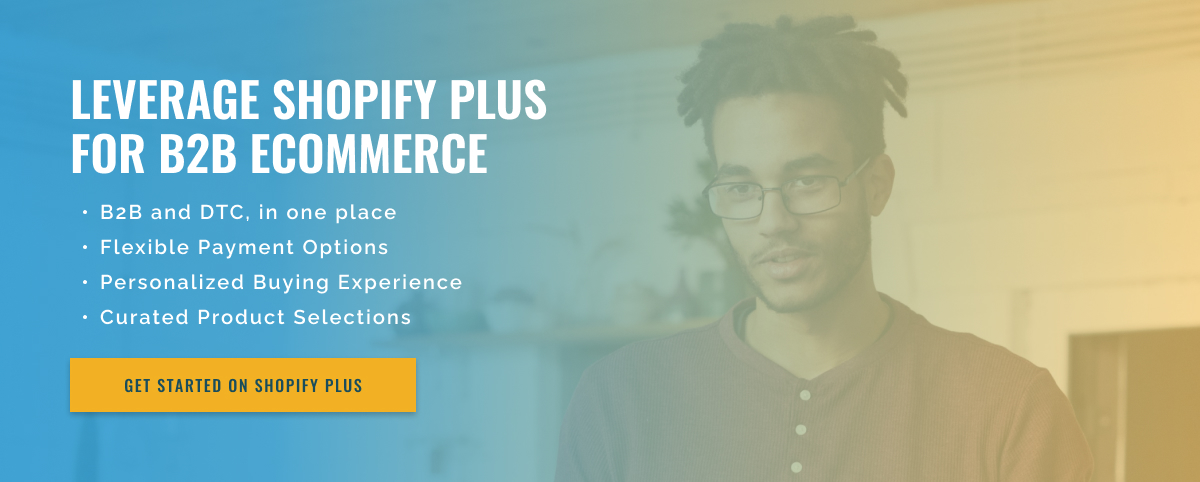3 minute read
B2B Potential: Leveraging Shopify for Custom Solutions
Shopify is considered one of the leading eCommerce platforms for businesses looking to enter the world of online selling. With its user-friendly interface and wide range of features, it has helped countless businesses quickly set up and manage their online stores. However, many people are unaware that Shopify is also an excellent platform for B2B (business-to-business) businesses. Shopify even offers a variety of features and tools to help developers create customized solutions for B2B businesses.
To understand how developers can use the Shopify platform to create customized solutions for B2B businesses, let’s first define what B2B businesses are. B2B businesses are businesses that sell products or services to other businesses rather than to individual customers. This type of business involves complex processes and requires different features than B2C (business-to-consumer) businesses. This is where Shopify comes in.
One of Shopify’s main selling points is its App Store, where developers can find a wide range of apps and integrations to extend their online store. For B2B businesses, the B2B Private Store app is worth mentioning. This app allows businesses to create a private store that is only accessible to their approved customers. This feature is especially useful for B2B businesses as it allows for personalized pricing, wholesale discounts, credit terms, and more.
Another way for developers to leverage the Shopify platform for B2B businesses is by using the API (application programming interface). Shopify’s API allows developers to create custom integrations and apps to meet the specific needs of B2B customers. For example, developers can create custom order forms, pricing calculators, and inventory management tools specifically for B2B businesses. This level of customization can greatly improve the efficiency and workflow of B2B businesses.
Additionally, Shopify’s platform allows seamless integration with popular B2B solutions like Salesforce, HubSpot, and QuickBooks. This integration can further streamline a B2B business’s operations by automating tasks like data syncing and order fulfillment.
Finally, developers can leverage the Shopify platform to create a robust and user-friendly B2B eCommerce website. With Shopify’s easy-to-use drag-and-drop website builder and customizable templates, developers can quickly create a professional-looking website for their B2B clients. They can also add custom features such as a customer portal, multi-currency support, and multi-language capabilities, making it easier for B2B companies to connect with their customers worldwide.

